Euro 2022, the legacy: Portugal, memory loss & winning artistry
• Jorge Braz leads seleção to third title with 33-game unbeaten streak
• Pain for Spain again as team ethos reigns in new world order
• Zicky Té, Mico Martić’s Finland and KNVB ‘pioneers’ leave 2022 legacy
THE COVID face-covering remained unmoved. But for a moment, Jorge Braz’s other mask slipped.
An involuntary chuckle of laughter from the poker-faced Portugal head coach pricked the bubble of expectation inflating with every win amid the serious business of making sporting history again.
“Have you forgotten how to lose?” was my simple question, posed on the eve of the futsal Euros final against Russia – and just 24 hours after the seleção had chalked up a 32nd consecutive tournament match without defeat by repeating the stirring comeback from 2-0 down against Spain they managed in the 2021 World Cup in Lithuania.
“I hope I won’t remember what it feels like tomorrow, that’s for sure,” replied Braz, swiftly recovering the steely intent and sharp-eyed focus now customary for the four-times best coach in the world.
“We haven’t had that feeling for a while,” he added. “It’s a feeling we don’t want to remember.”
It’s as if he couldn’t even bring himself to utter the word “lose”.
“We haven’t had that feeling for a while. It’s a feeling we don’t want to remember”
And when the team went 2-0 down just 24 hours later – for the third time in the tournament – the Portugal supremo’s words echoed in my head as the drama against Russia unfolded at the Ziggo Dome arena.
Unable to break free of the powerful Russian press, led by the ruthlessly elegant Sergei Abramov alongside the twin towers of Artem Antoshkin and Andrei Afanasyev, Portugal struggled to find rhythm. Misplaced passes, unmet invitations to combine, and forced errors in and out of possession littered the first 15 minutes. Meanwhile, Paulinho employed his seasoned game nous to stifle Zicky Té’s attacking threat. Russia sprinted into a two-goal lead against the champions, just like Spain had done. And like Serbia managed in the opening game of the tournament.
Tomás Paçó’s goal a minute before half-time posted a reminder that Portugal’s collective amnesia about losing had not been remedied.
About 45 minutes later, Pany Varela’s predatory breakaway goal up against Russia’s desperate fly-keeper with just 2 seconds on the clock started the party for Portugal. The memory blindspot sustained since losing to Iran on penalties 1,954 days earlier in the 2016 futsal World Cup in Cali, Colombia, would continue.
And in the raucous celebrations that followed, the normally calm, studious and elegantly restrained Braz also forgot himself. Joining in the mass jig of delight on court, Braz cast aside his iron mask of focus to put the brief press conference dalliance with laughter in perspective as a minor slip.
After the World Cup in Lithuania, I identified Braz as one of the six key reasons why Portugal triumphed. Four more of the six still hold true. The missing magic ingredient this time, of course – the one and only Ricardinho – made it to the Ziggo Dome for the final as a fan, cheering on the team along with Portuguese football’s figurehead Luis Figo.
So here are my five main observations from seeing the Euros up close during the final few days of the tournament, including Portugal’s peculiarly potent new winning formula:
1) Pain for Spain, again
“I don't know if we are stagnant, but what we are is divided.”
Spain’s former serial champion and captain Kike Boned expressed his dismay after the tournament, reflecting in El Pais on the crossroads confronting Spanish futsal since the “conflict” between the RFEF and the LNFS began.
The veteran Marca journalist Oscar Garcia declared Spain were now no longer “the great reference” for other nations and called the five-year spell of agony – two World Cup quarter-final losses and a Euro 2018 final defeat – Spain’s “worst streak in history”.
Despite Sergio Lozano’s undoubted class (if Spain had got to the final surely he was a favourite for MVP), Spain lost out again to Portugal. “It is no accident,” said Garcia. But he noted the potential to rebuild, with Adolfo only 28 and Raúl Gómez (25) and Mellado (22) with time to grow.
The same certainty cannot be extended to Fede, the coach who has presided over this painful fall from grace.
2) The team game
Coaches set the example. Amid the frenzy of jubilation that greeted Pany’s title-clinching strike, a switch flicked in Jorge Braz’s mind.
Suddenly turning away from the joyful scenes on court, casting aside hugs from ecstatic players, the wild-eyed Braz flung his right arm up in the air and roared towards the celebrating Edu.
What was the problem? The game was over. The public address announcer told us all there was 1 second left on the clock and Portugal were 4-2 up.
But Braz had remembered something.
Benfica’s Andre Sousa had played every minute until that point, leaving Edu on the bench throughout.
The veteran Valdepeñas goalkeeper was the only player yet to feature.
Even in the moment of glory, the giddy delight of historic success, Braz’s mind was consumed by the collective, an obsession with engaging and nurturing every part of the squad to enhance the spirit of the whole.
It was Edu’s reward.
And it struck me at that precise moment, sitting a few metres from the Portugal bench, that I was gazing through a window into the world of a champion’s mindset.
Jorge Braz (bottom right) breaks off from celebrating Pany’s title-winning goal to order Edu (Number 12) on to the court
“We have to behave as a team,” Braz told the press conference afterwards. “And they did it in a fantastic way today.”
Two-goal hero Andre Coelho eulogised about the Portuguese team spirit and belief to come back from 2-0 down yet again. “In our sport, two goals is not too much,” he said.
“We believe until the end. We prepare to play the game whether winning or losing.”
Away from Portugal, others deserve plaudits for supreme team efforts at Euro 2022. Mico Martić’s all-action Finland pushed Portugal close in the quarter-final, dazzling as a supremely organised troop marching to the uniform beat of collective vision and game understanding.
Marrying relentless high-pressing with hard-wired attacking combinations and bravery in possession, they excelled on their Euros debut, providing a fitting climax to Panu Autio’s long international career.
The Russia and Ukraine teams also deserve huge credit for stood strong and dignified in an emotional spectacle of a semi-final played out against the backdrop of rising geopolitical tensions.
Despite a noticeable absence of sporting handshakes at the end – after Russia edged the contest 3-2 – both teams rose to the occasion on court in a battle thankfully restricted to the futsal court.
3) The ‘zaalvoetbal’ legacy
The hosts also stood out as a team. On and off the court.
Former player Max Tjaden led the Netherlands to within a whisker of the knockout stages in a first appearance at the Euros finals since 2014.
Veterans Mohamed Attaibi, Jamal El Ghannouti and captain Oualid Saadouni provided the guile that helped a team with no full-time players in the squad overturn Ukraine in the opening game and score six times with five different goalscorers in three group matches.
Off the court, the Dutch KNVB – pioneers in the sport’s history – excelled too. The marketing (bombarding schools across the country with introduction to futsal packs), ticketing (impeccably organised despite the Covid disruption) and overall look and feel of the event all merit huge acclaim. The “artists of futsal” theme was a masterstroke. Particularly the music, including the goal jingle and Tiesto’s warm-up tune The Business.
The “zaalvoetbal” legacy of soaring participation was key, according to Suuz Boven-Amijs, the media manager for the event and one of the driving forces behind the success of the tournament.
It’s a pity so few people got to witness the futsal up close.
4) The artists
“He deserves it for the boy he is, how he works, for the joy he has.”
Jorge Braz recognises the rise of Zicky Té, who confirmed his status as the future of futsal with yet another display of brutal elegance showing he’s very much the man for the present too.
It’s easy to get carried away over the Sporting pivot’s remarkable ascent age just 20.
Unless you’re Braz, of course. “I understand everyone’s always looking for heroes but you will never win if you look for individual heroes and trophies,” he said after the final.
Although Zicky got the praise – and the MVP award – “there were other players with other roles in the team who were simply fantastic”, he went on. “Of course, he deserves it for the boy he is, for how he works, for the joy he has playing, training, the joy he has inside the team with his companions. He scores. That’s why people look more at him.”
He’s not wrong. There were plenty of stars for Portugal. The four who spent most time on court together in the semis and final were Sporting’s young guns Zicky, 20, and Tomás Paço, 21, plus the relative veterans Pauleta, 27, and Miguel Ângelo, 28. Age is on their side.
Another of the seven Sporting stars, Erick, hobbled back on court after injuring an ankle to neuter Russia’s fly-keeper momentum in the dying minutes of the final. When captain João Matos was orchestrating matters on court, his booming voice could be heard urging his team-mates on from the bench.
The other huge moment came from Andre Coelho in the final less than a minute after he had edged Portugal in front with his second goal of the game. Thrusting both fists in the air and roaring with raw emotion, the Barcelona man was still sliding across the court after lunging two-footed on the edge of the goal area to somehow deflect away a goal-bound shot by Benfica’s Ivan Chishkala. It’s these small margins that decide between success and failure in futsal.
So who else stood out at Euro 2022? Croatia’s Matej Horvat notched a memorable goal, with an exquisite rabona finish against Poland. Artem Niyazov’s acrobatic volley for Russia against Ukraine in the semi-final elevated a stirring contest.
Kazakhstan’s Birzhan Orazov topped the goalscoring chart with seven in just four matches, two ahead of three Russians: Artem Antoshkin, who also got five assists, Anton Sokolov and Ivan Chishkala. Douglas Júnior burnished his “iron man” reputation by playing for a remarkable 37 and a half minutes against Finand, including the whole of the second half.
Alex Merlim dazzled in flashes for an underwhelming Italy side. Tomáš Drahovský’s goals and energy inspired Slovakia into the quarter-finals. Ukraine’s Kyrylo Tsypun was named best keeper. But Georgia’s 43-year-old Zviad Kupatadze edged out Kazakhstan’s Leo Higuita in pursuit of the unofficial charismatic goalkeeper of the tournament prize.
Finally, the curtain came down on Carlos Ortiz’s remarkable international career, the Spaniard bowing out with a third-place medal and a record 34 Uefa Euros appearances (one more than compatriot Luis Amado) and more than 200 caps for his country.
5) Fado and tango
One day. Two victories, 10,000 km apart … but united in meaning.
“It's not luck,” Jorge Braz told Portugal’s Channel 11, reflecting on Portugal’s dominance in the men’s game in the aftermath of the victory. “I look at the under-19s and under-17s a lot. I love watching the under-15s. I went to see Benfica-Sporting and I left there amazed. Now it’s time to provide opportunities for them to play.”
But it’s not just the men’s game. Gondomar will host the second Uefa futsal women’s championship in March. “It's the title we're missing and we're looking for it,” warned Braz. “Then in September we have the final phase of the U-19 European Championship and it's one more.”
Portugal’s ambition in a sport they see now has great “social relevance” in the country is ominous for the rest of Europe. But the nation of fado is not the only one on the rise.
The date of the final – Sunday 6th February 2022 – proved memorable for another match that confirmed the shifting world order of men’s international futsal.
Some 10,000 km south of the Ziggo Dome, Matías Lucuix’s formidable Argentina claimed a 3rd Copa America title in Asuncion, Paraguay, a goal by Alan Brandi edging out the hosts in the final after defeating 10-times champions Brazil in the semi-final penalty shootout.
That’s two of the last three titles won by Argentina, who followed up a first ever World Cup trophy in 2016 with a final appearance in Lithuania 2021.
Where they lost to Portugal, of course.
It’s clear from the last week’s events on court that the world of futsal is dancing to the tune of fado and tango after a generation of samba and flamenco dominance.
Going Dutch: The Euros in pictures
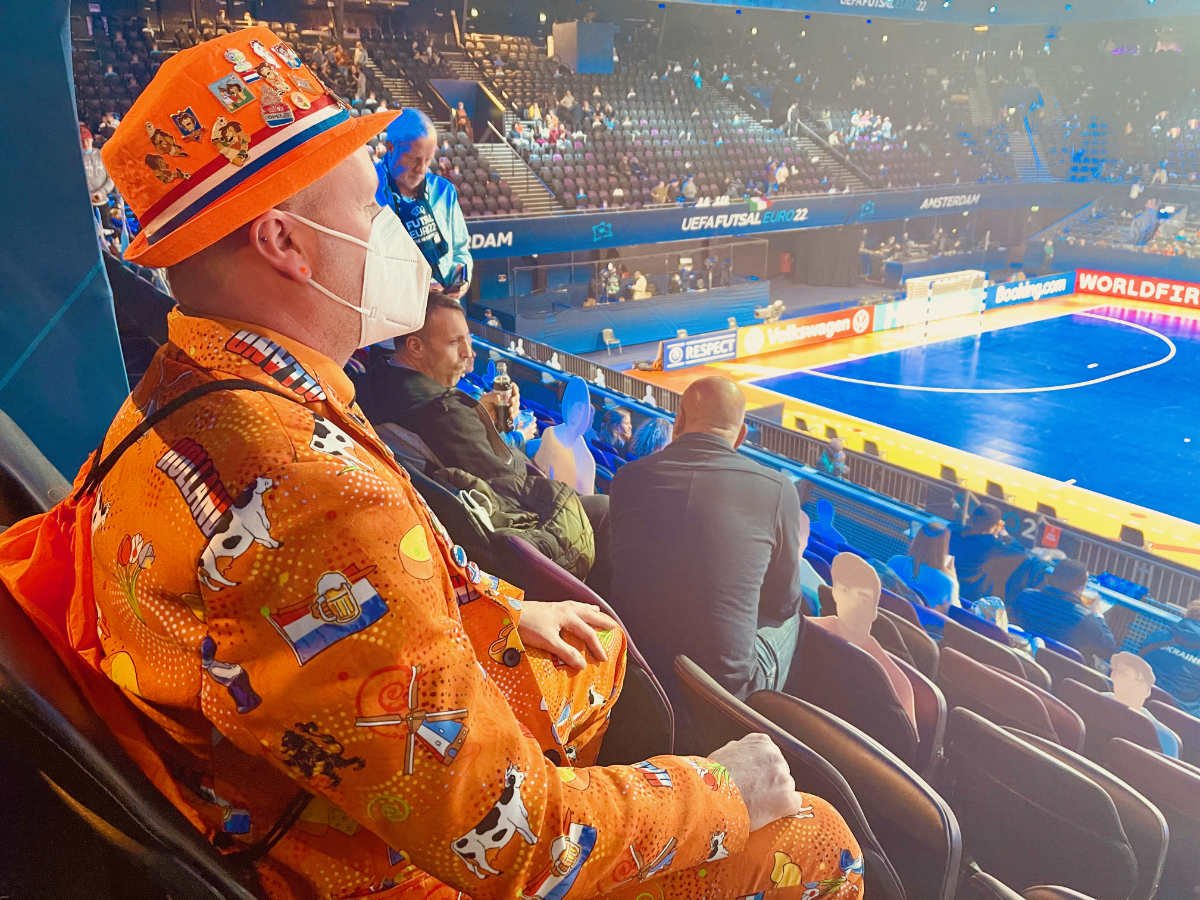
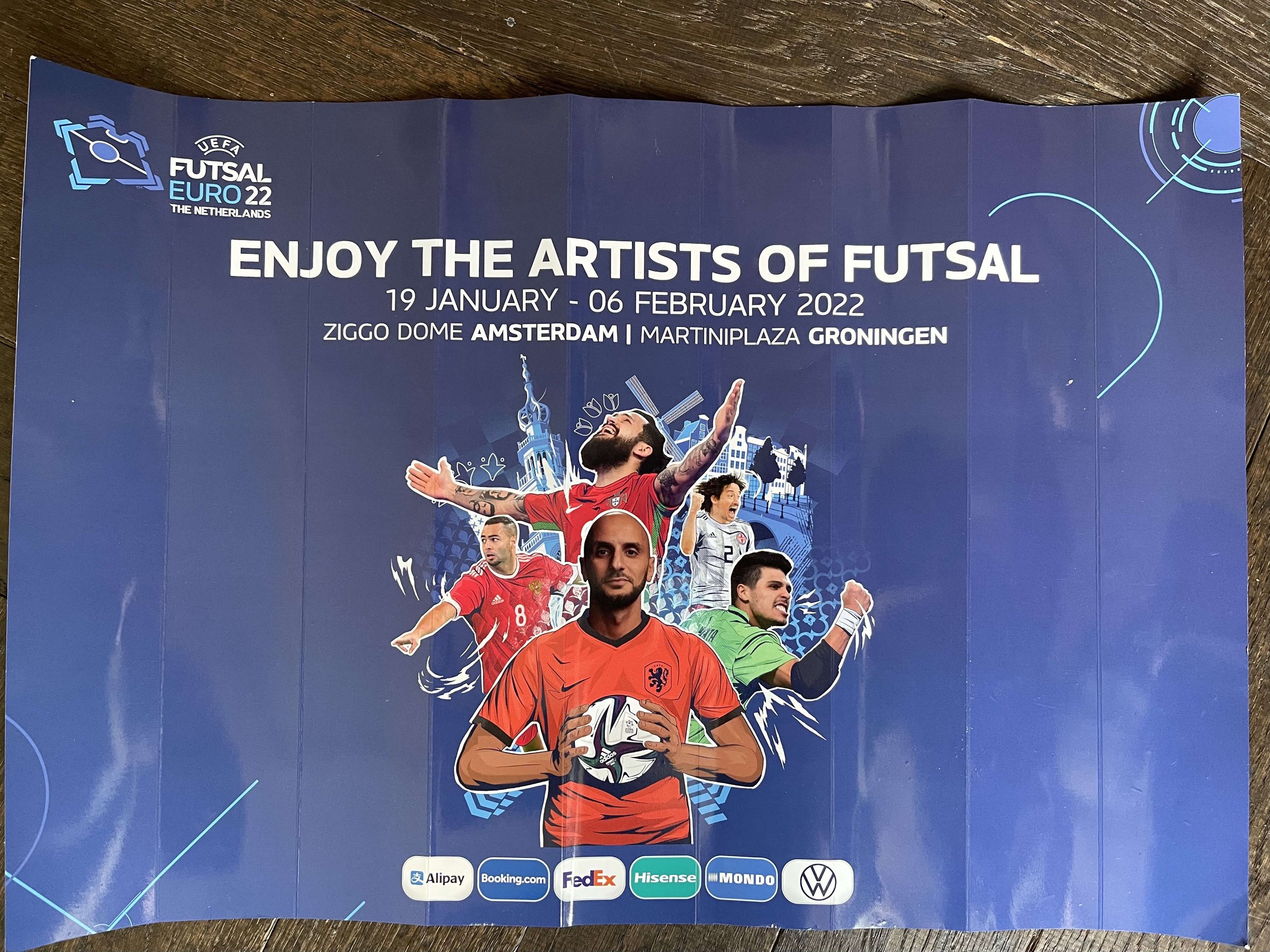
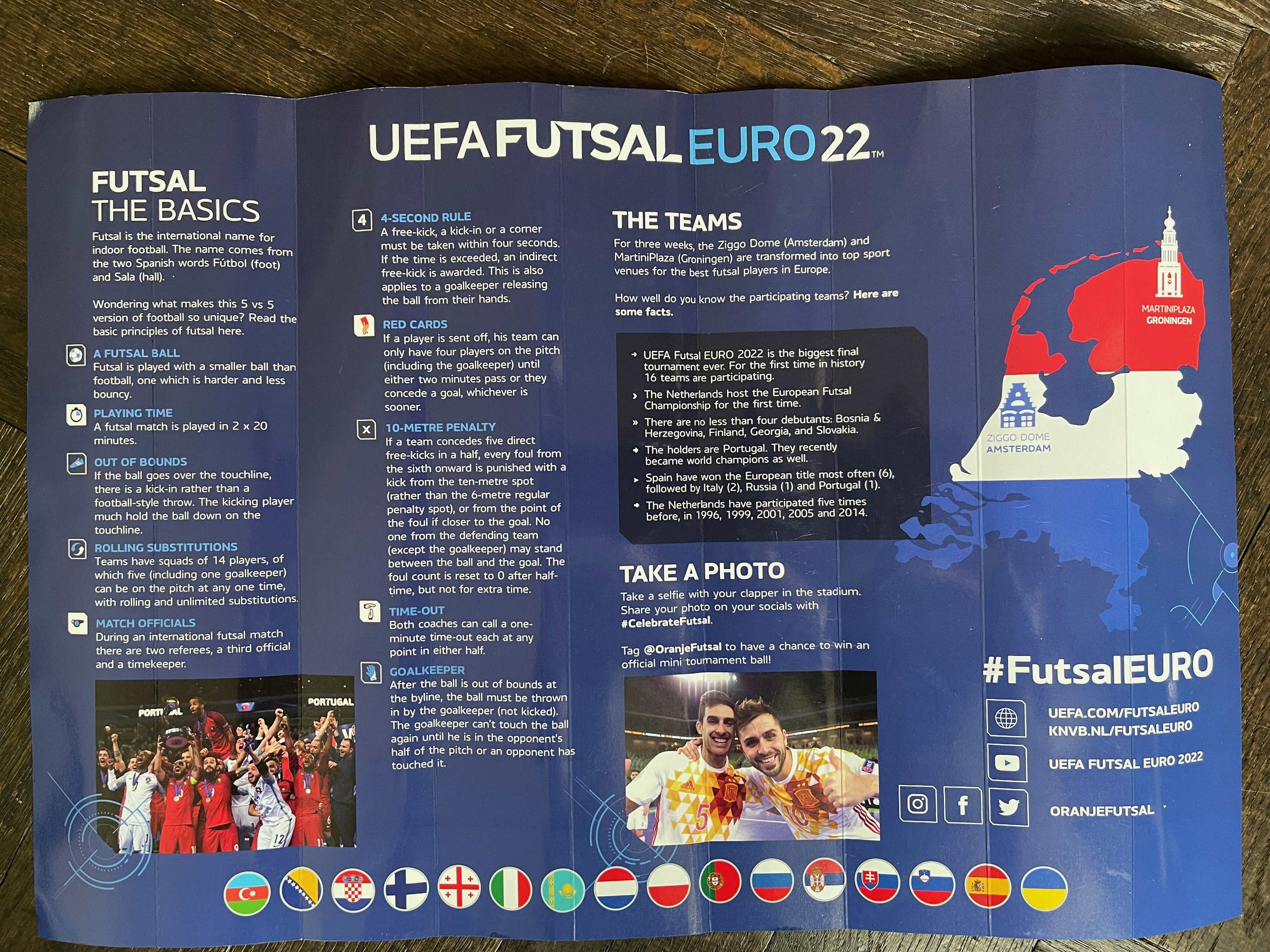
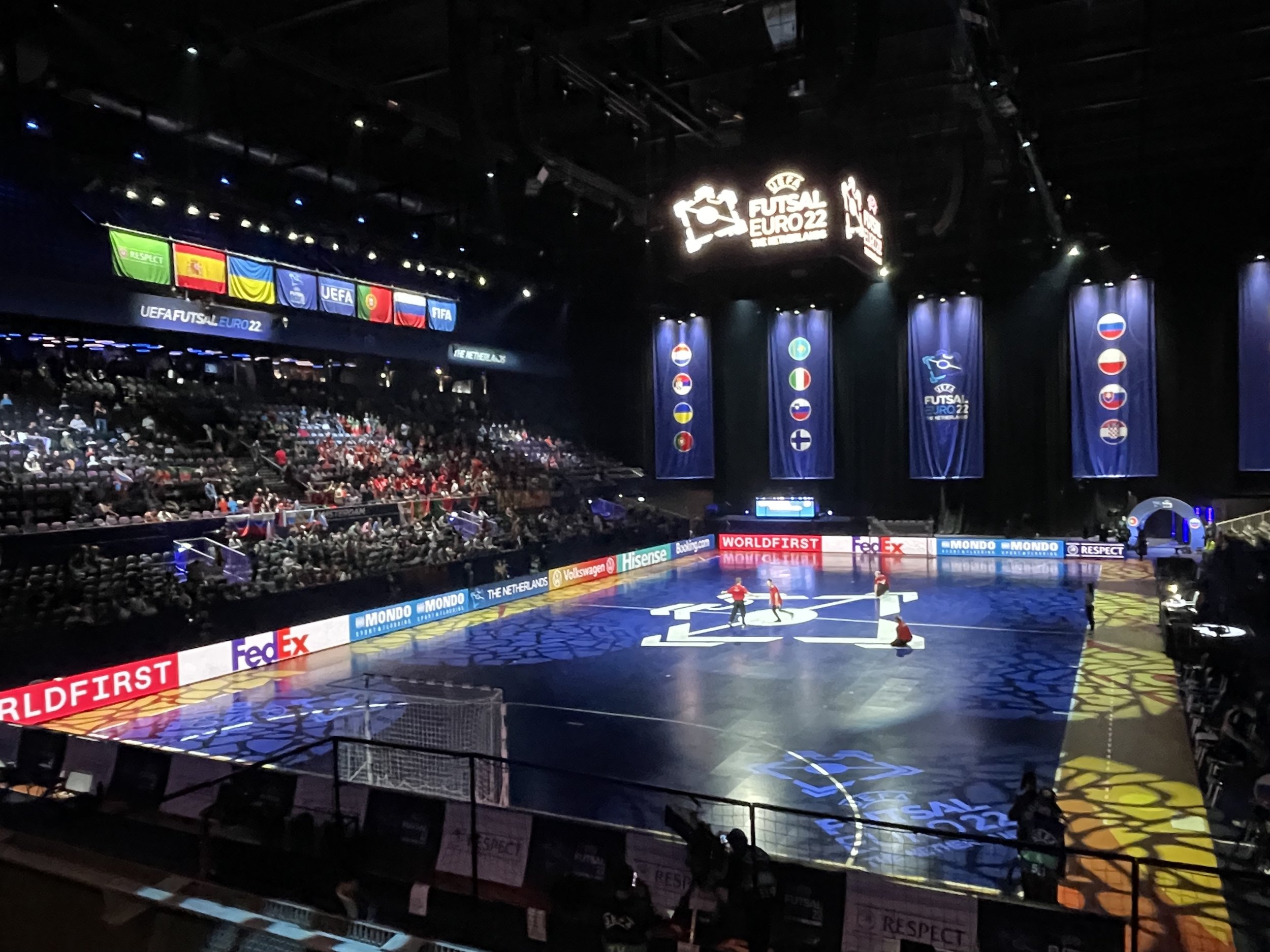
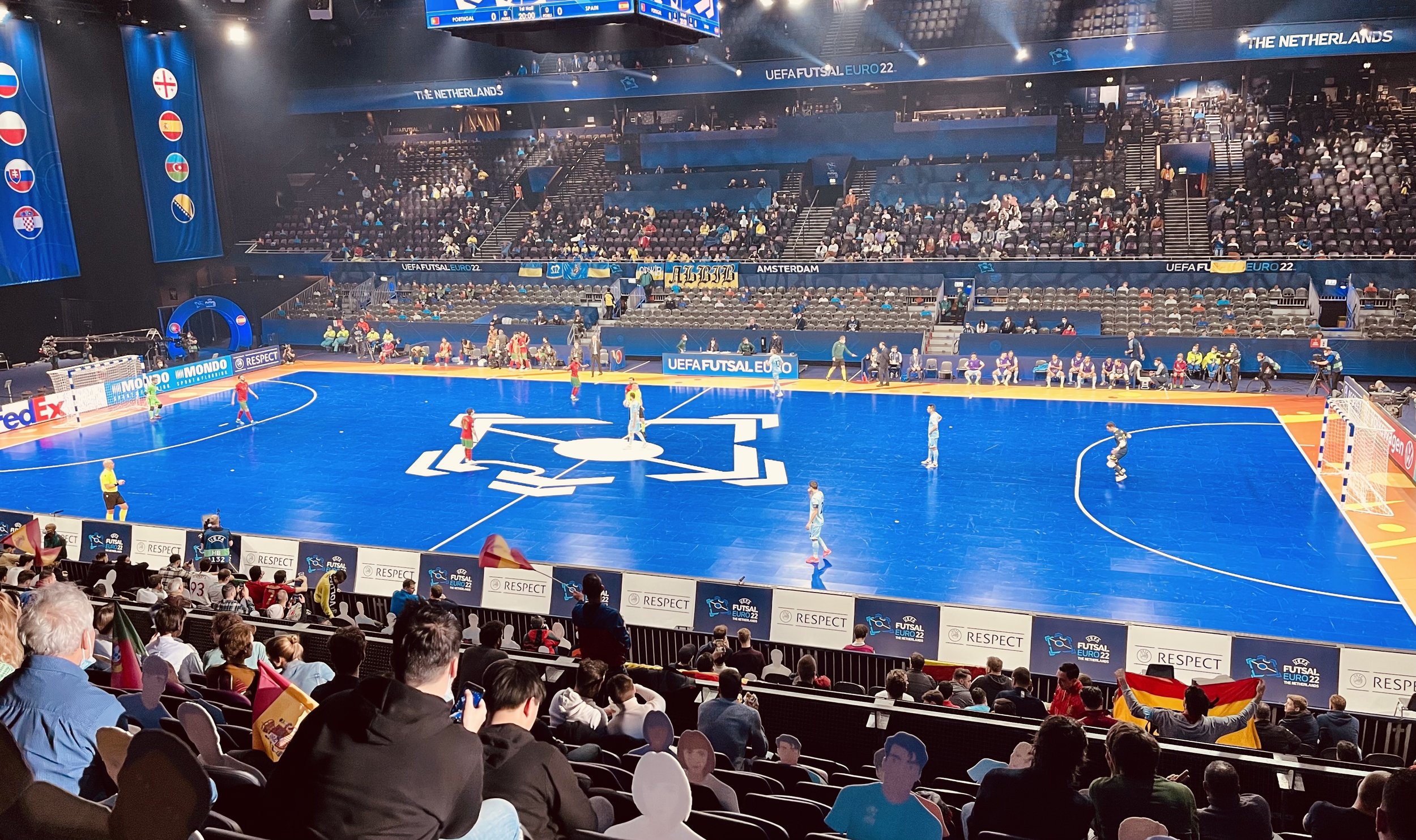
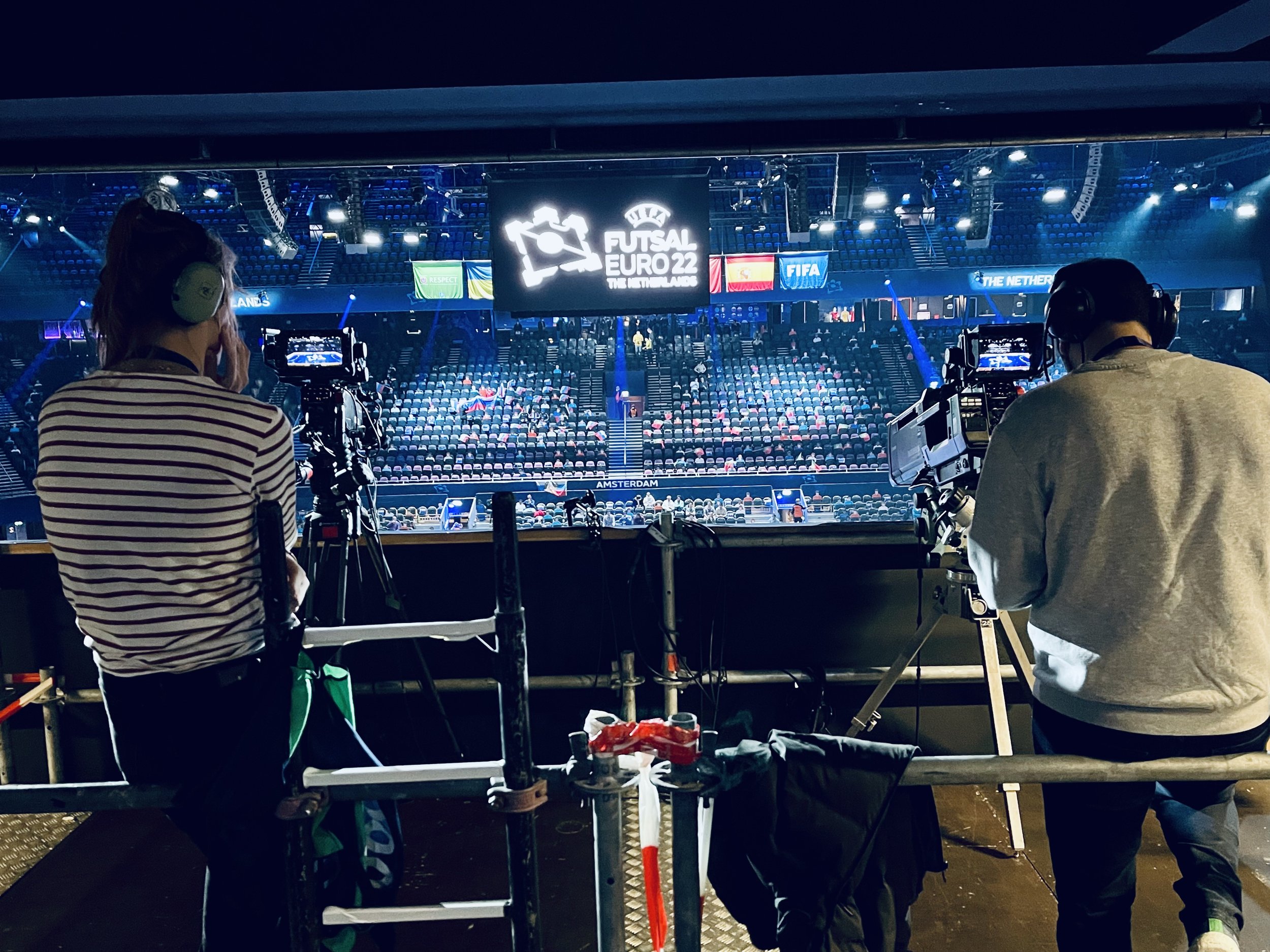
Have something to share? Add your comment below.

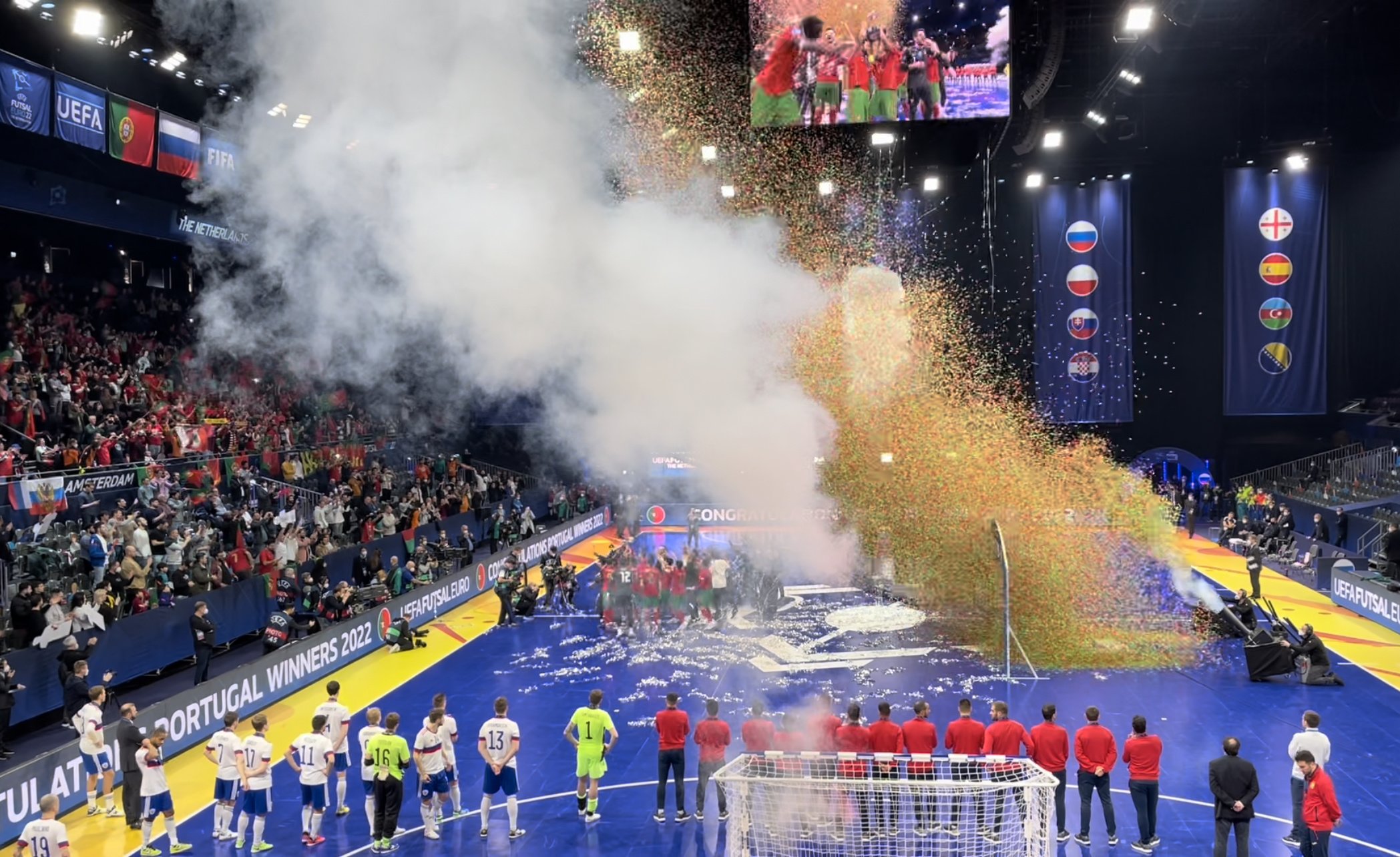











MIGUEL RODRIGO is ready for his last dance with Thailand. The globe-trotting Spanish tactician reveals his futsal inspirations plus hopes and predictions for the World Cup in Uzbekistan